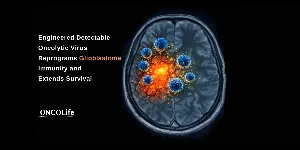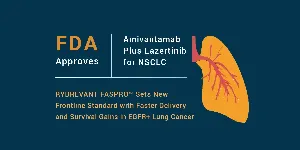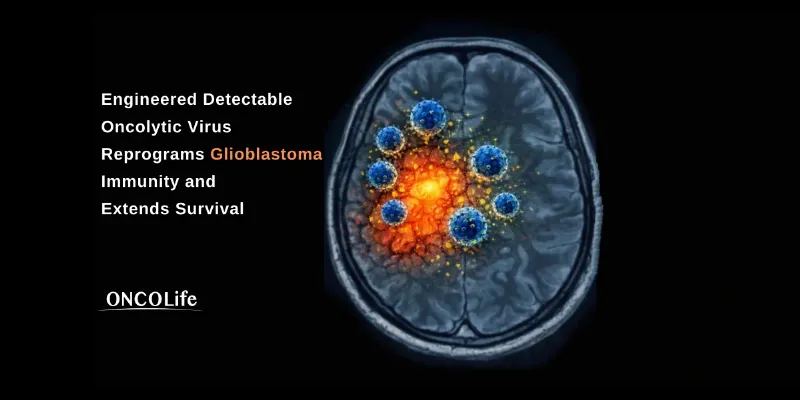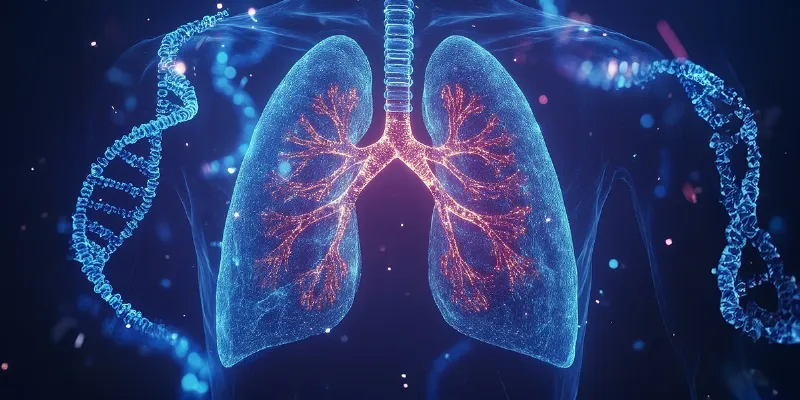Novel CAR T Cell Therapy Targets Brain Cancer's Hidden Pathways, Doubling Survival

6 August 2024
Researchers from McMaster University have developed a promising CAR T cell therapy targeting the newly discovered brain pathway, ROBO1, offering hope for glioblastoma treatment. This innovative approach, proven effective in preclinical models, doubles survival times and eradicates tumors in some cases.
In a groundbreaking study published in Nature Medicine and led by the Singh Lab at McMaster University, a potential therapeutic approach has been unveiled that could revolutionize the treatment of glioblastoma, the deadliest form of brain cancer. This promising new therapy employs chimeric antigen receptor (CAR) T cells to specifically target the ROBO1 signaling pathway, a crucial mechanism utilized by cancer cells to infiltrate and overrun the brain. Remarkably, this treatment doubled the survival time and eradicated tumors in 50–100% of the animal models tested.
Unraveling the Pathway to Invasion
The research has identified a signaling pathway, crucial for axonal guidance and brain architecture, is overridden by cancer cells, offering a new target for treatment. Using large-scale gene editing and a series of genomic, transcriptomic, and proteomic analyses, the researchers have mapped out the changes that occur in glioblastoma cells post-treatment.
Their findings highlight the PTP4A2-ROBO1 axis as a critical driver of tumor recurrence and aggressiveness. A promising therapy tested in preclinical models destroyed returning cancer cells in 50% of cases across two of three diseases, providing hope beyond traditional treatments that often lead to tumor recurrence and limited survival.
“In glioblastoma, we believe that the tumor hijacks this signalling pathway and uses it to invade and infiltrate the brain,” says co-senior author Sheila Singh, Professor with McMaster’s Department of Surgery. “If we can block this pathway, the hope is that we can block the invasive spread of glioblastoma and kill tumor cells that cannot be removed surgically,” says Singh.
The Promise of CAR T Cell Therapy
The newly developed CAR T cell therapy leverages the body's immune system to fight cancer. Cells are extracted from the patient, genetically engineered to target the ROBO1 receptor, a key component of the infiltrative pathway, and then reintroduced to the patient's system. This innovative approach has demonstrated profound efficacy in preclinical models, including not only glioblastoma but also lung-to-brain metastases and pediatric medulloblastoma.
Dr. Chirayu Chokshi, a lead author of the study, explained the therapy's mechanism: “We created a type of cell therapy where cells are taken from a patient, edited and then put back in with a new function. In this case, the CAR T cells were genetically edited to have the knowledge and ability to go and find ROBO1 on tumor cells in animal models.”
The success of this study signals a significant shift in the potential treatment strategies for glioblastoma and other similar malignancies. The next steps, as outlined by Dr. Singh, involve further development and clinical trials aimed at refining the efficacy and safety of this therapy for human patients.
A Collaborative Effort
This research was conducted with a diverse range of collaborators, including John Lazo’s team at the University of Virginia, who helped develop a crucial drug used in the study, and teams from the National Research Council Canada, University of Pittsburgh, and the Princess Margaret Cancer Centre. Funding was generously provided by several organizations, including Brain Cancer Canada and the US National Institutes of Health.











Comments
No Comments Yet!